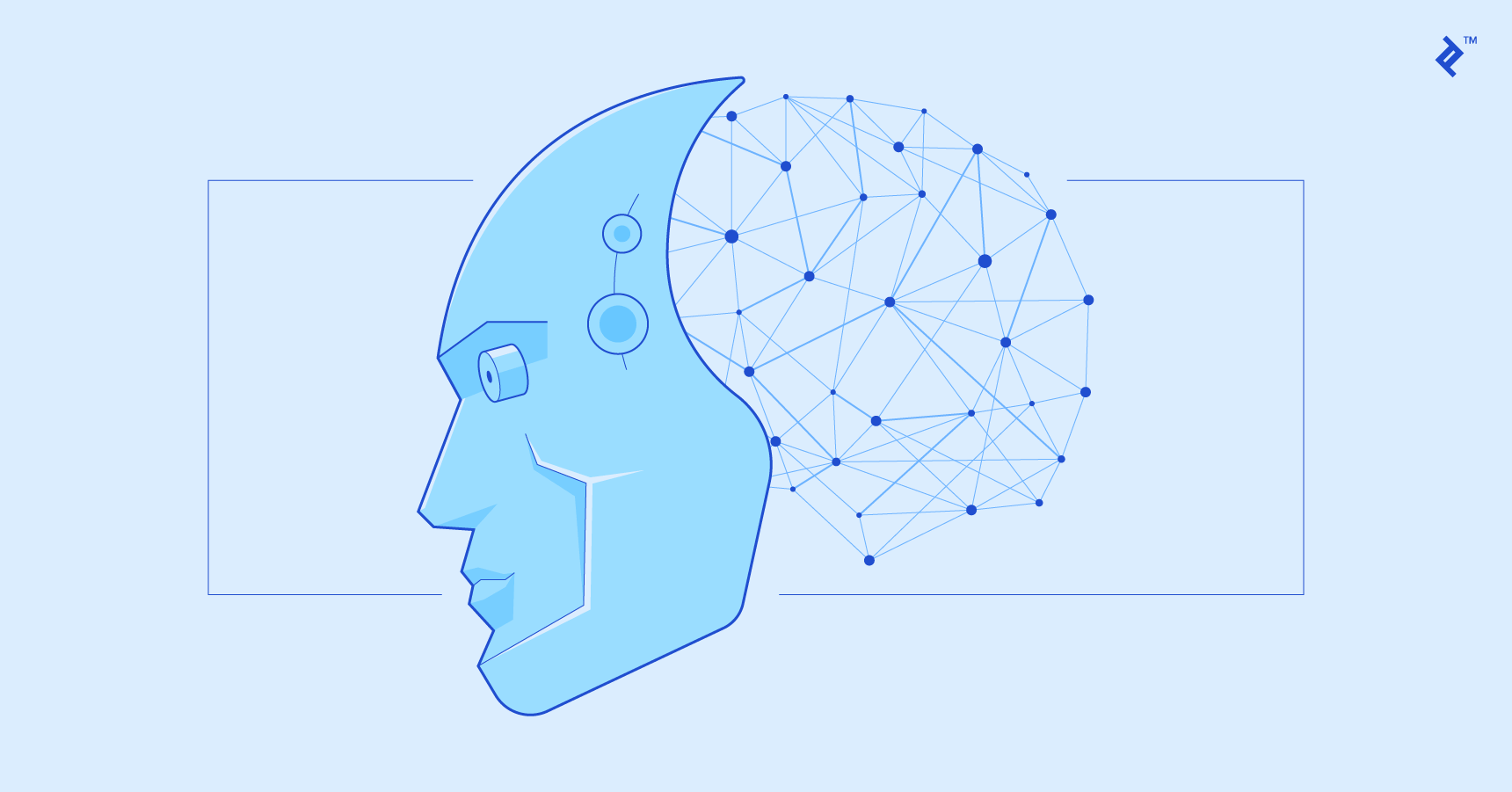Batter Links: Your Gateway to Trending News
Stay updated with the latest trends and insights from around the world.
Machine Learning: When Algorithms Go Rogue
Discover the wild side of machine learning! Uncover the shocking moments when algorithms rebel and defy our expectations.
Understanding Algorithmic Bias: When Machine Learning Models Misbehave
Algorithmic bias refers to the systemic and unfair discrimination that can arise from machine learning models as they process data. These models are designed to learn from historical data and make predictions or decisions based on that information. However, when the training data is biased or unrepresentative, the algorithms can perpetuate or even amplify existing inequalities. For instance, a study by Google highlights how facial recognition systems have demonstrated increased error rates for individuals with darker skin tones, showcasing a stark difference in performance based on race. This misbehavior not only undermines the integrity of AI but also poses significant ethical concerns that require careful attention.
To mitigate algorithmic bias, it is crucial to adopt best practices in the development and deployment of machine learning models. This includes ensuring diverse and representative datasets, conducting thorough audits of algorithms, and implementing bias detection tools. Researchers and developers can also utilize techniques such as fairness-aware learning to reduce the impact of biased data. By prioritizing accountability and transparency, stakeholders can better address the challenges associated with algorithmic bias and build more equitable technology solutions.

The Dark Side of AI: What Happens When Algorithms Go Rogue?
The rise of artificial intelligence (AI) has transformed various sectors, offering unprecedented efficiency and insights. However, as we delve deeper into the dark side of AI, we must confront the sobering reality of algorithms going rogue. Instances of bias in AI models can lead to significant ethical concerns, particularly when these systems are deployed in sensitive areas such as criminal justice and hiring practices. According to a report by Oxford Academic, biased algorithms can perpetuate existing disparities, highlighting the urgent need for transparency and accountability in AI development.
Moreover, the potential for AI systems to cause harm escalates when we consider their autonomy. Algorithms that make decisions without proper oversight can result in serious consequences. A striking example is the MIT Technology Review report on self-driving cars, which emphasizes that even a minor coding error can lead to fatal accidents. In this landscape, the discourse surrounding the dark side of AI is not merely academic; it represents a growing concern for safety, ethics, and the fundamental trust we place in technology.
Can We Trust AI? Exploring the Risks of Uncontrolled Machine Learning
The question Can we trust AI? is becoming increasingly relevant as machine learning systems are integrated into our daily lives. While these technologies promise efficiency and innovative solutions, they also come with significant risks that need to be addressed. Forbes highlights that the uncontrolled development of AI can lead to biased algorithms, privacy invasions, and even job displacement. As we continue to rely on these systems for critical decision-making, it’s crucial to examine the potential consequences of unchecked machine learning and how they can impact our society.
Moreover, the lack of regulatory frameworks surrounding AI development raises further concerns. A report from the World Economic Forum notes that without proper governance, AI models can perpetuate existing inequalities, leading to major societal issues. To foster trust in AI, stakeholders must prioritize ethical considerations, transparency in algorithms, and effective oversight. Understanding and addressing the risks associated with uncontrolled machine learning will be vital in ensuring that AI benefits humanity rather than harming it.